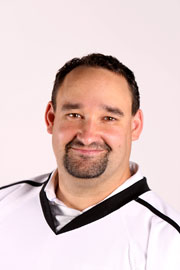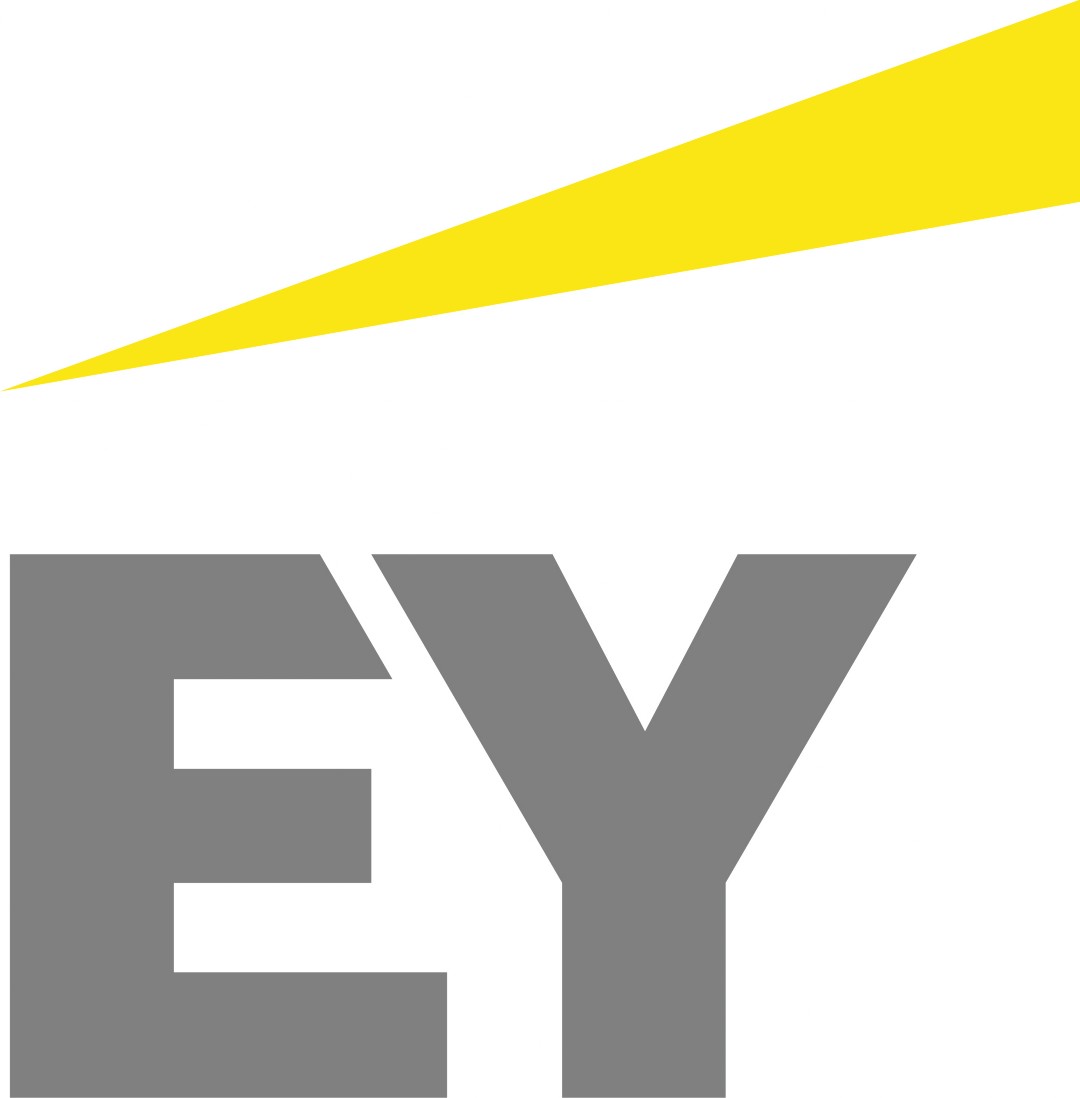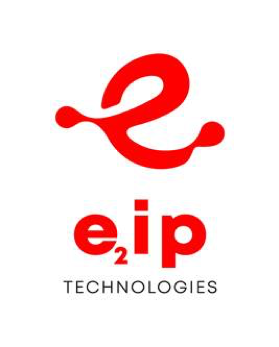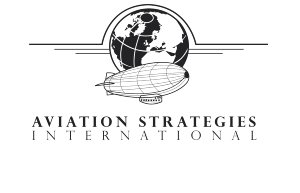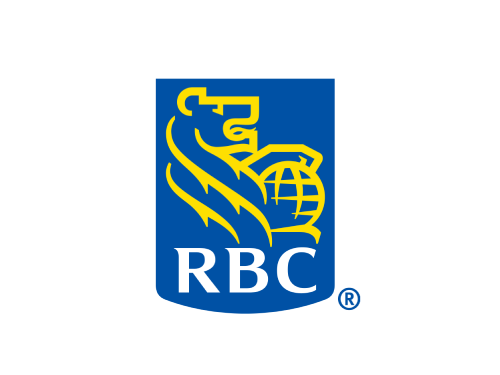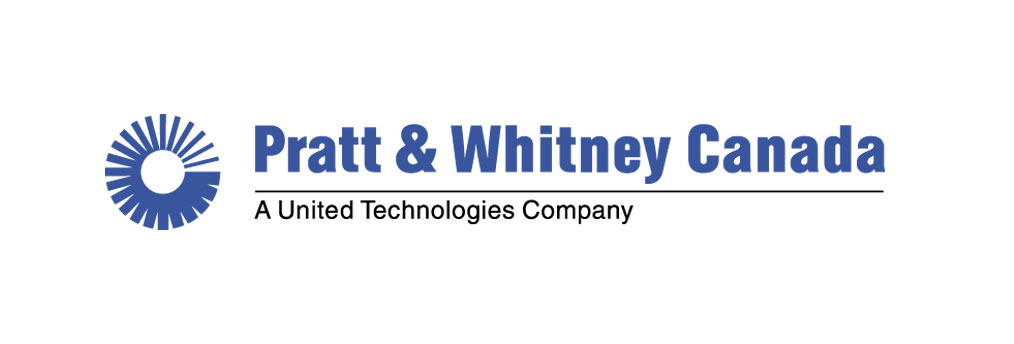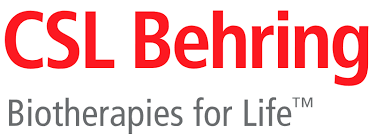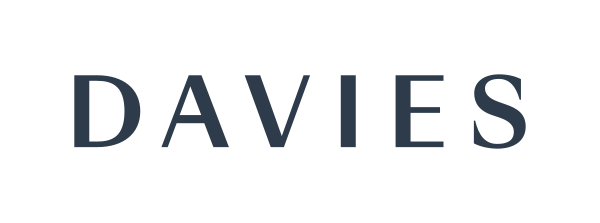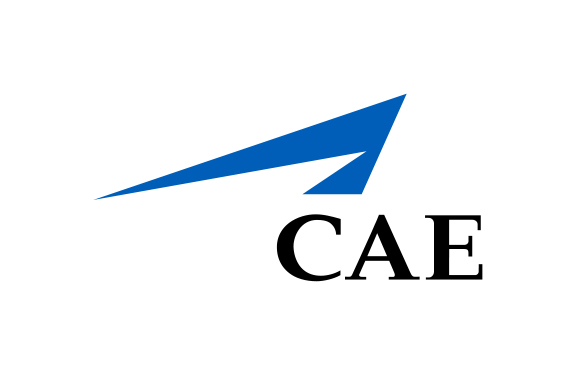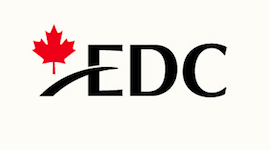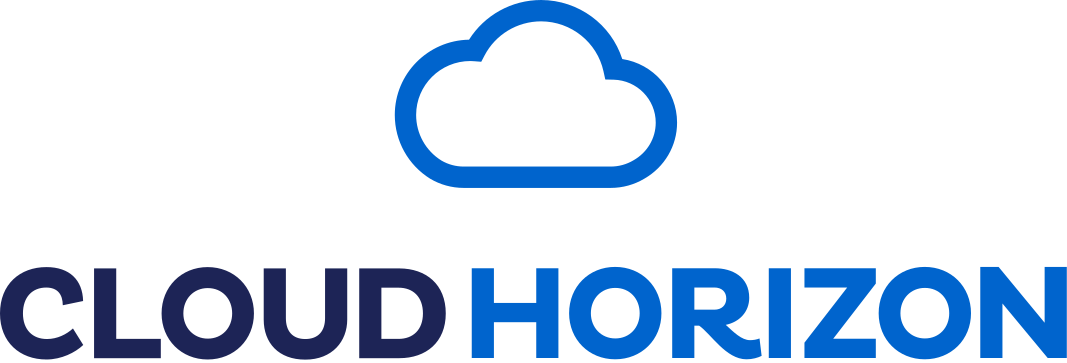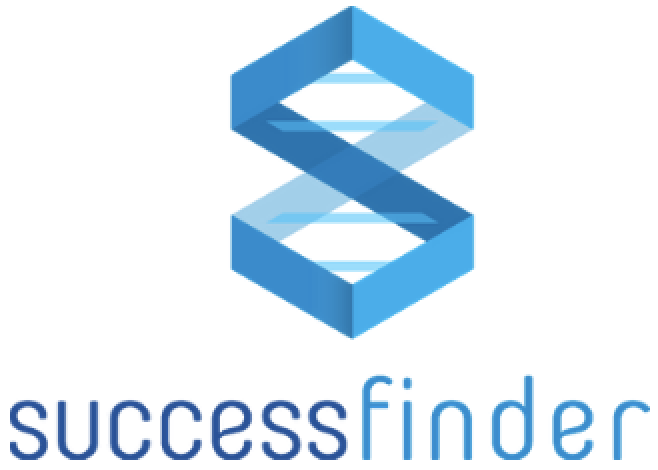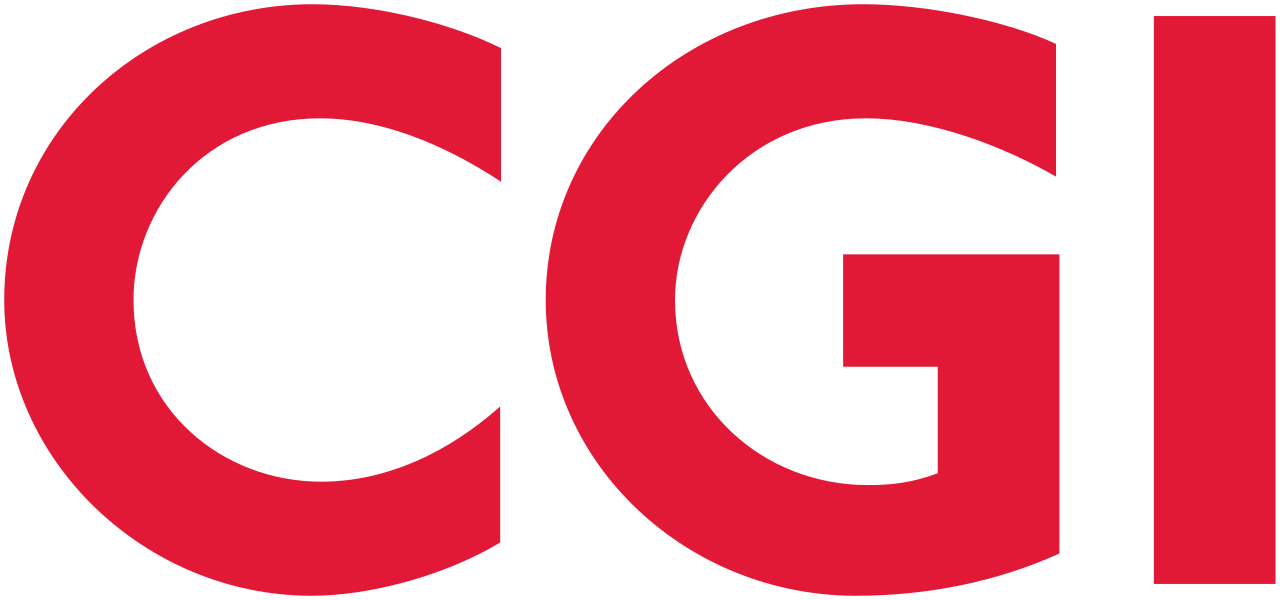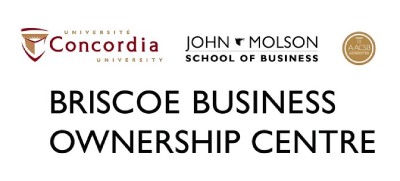Christopher Thierry
Christopher is the president, founder, and driving force behind Etelesolv, a company he started back in 2000 that is now called Cimpl. Cimpl is the culmination of a dream to bring holistic enterprise solutions to companies of all shapes and sizes.
What are the challenges you faced?
The way I started was a little unconventional, I was recruited straight out of school and put in charge of building an E-commerce site in 1999. I got really close to the owner of the company, this was during the boom of the internet. The owner backed me and allowed me to have a company inside his company. So, his company was our first client which gave us funding and security. It was basically an incubator.
How are you building your business today, preparing for tomorrow?
Being a tech company, its very tough to plan, and predict trends. The technology evolves quickly. So you need to look at macro level trends. To prepare for tomorrow I looked at the big macro trends, found trends that had more to do with technology and less with people. 10 years ago, I looked at what the trends were for telecom and mobility, it was huge and to this day it still is. Mobility cost was not a pain point 20 years ago, today, it’s a cost that needs to be monitored and optimized. The trend is less about the ownership of these assets but more about the recurring costs associated with the use of the services.
How do you attract the best people and how do you retain them?
When you start a business, you have a culture by default, it’s quite loose and informal with unwritten policies. As you start to grow you figure things out. What ended up happening for us is that we reached a tipping point at around 30 employees, we were burnt out. We had a heavy workload and the work culture started becoming toxic. So, I worked on changing the culture to the one we have today. We started by hiring the right people who fit the set of core values, because it’s much easier to hire the person who fits with the culture then train them to live the values. Employees are evaluated each year based on the core values of the company. We’ve won many awards that confirm that confirms that we have a great corporate culture.
What made you take the leap into business ownership?
I graduated with an MIS degree with a minor in marketing, I got a job working for a traditional media company. I was tasked with working on a business plan to develop websites. After handing in the business plan I was told that we needed approval from Toronto and was told to wait. After a month and a half with no response I realized that I don’t want to do this again. After this job, I had offers to work at different consulting companies, but I didn’t want to do that, so I took a pay cut and ended up working with my current partner at the E-Commerce company. My advice is to focus on the opportunity and not the salary.
What were the biggest initial hurdles to building your business and how did you overcome them?
The main hurdles are customers and funding. In 2000, we had the biggest dot com bubble burst so getting funding to grow your company was very difficult, so I had to go out and try and find customers. This was a difficult endeavor since with an IT background I had no sales experience.
Did you have major competitors when you started, how did you plan to compete with them, and how did that plan play out?
The initial idea was to provide an ecommerce platform, but since I couldn’t raise the money I became a web company for hire. We ended up competing against big companies. It was very tough, but there was such a huge demand we had spill over work. My big break was landing Motorola, we were pitching against a big company who was so busy that Motorola ended up going with their second choice which was us. Every client became a stepping stone to bigger clients.
What would you say was the single most influential factor in your business’ success?
Presentation is important! I learned that back in school, communication skills are key. Being able to present well and sell your idea is what set me apart from other people. Selling skills are very important.
What is the biggest mistake you’ve made as a business owner?
I tried to grow too fast, I let my initial success get to my head. We were trying to accelerate a product launch by hiring extra people to get it off the ground and it didn’t work. We lost a lot of money, so we had to make hard choices by canceling the project and laying off people. It was very humbling.
What has been your greatest moment of success?
A year after dealing with our crisis, a year after we had to lay off people, we received an award for most innovative company. It was great to see such a good turnaround! We launched our new platform which has led to a tremendous industry acknowledgement of where we are as a company.
How do you believe evolving technology will impact the way we do business over the next 10 years?
We are a technology that manages technology, we want to be the Central Point to manage all of these technology and assets that people are using. As tech continues to change, we believe that our company and our platform has a huge future.
What do you know today that you wish you would have known when you first got started as a business owner?
I think the biggest thing is to have a very clear plan, a strategic plan about what you are trying to be, what are your goals, and your brand promises.

